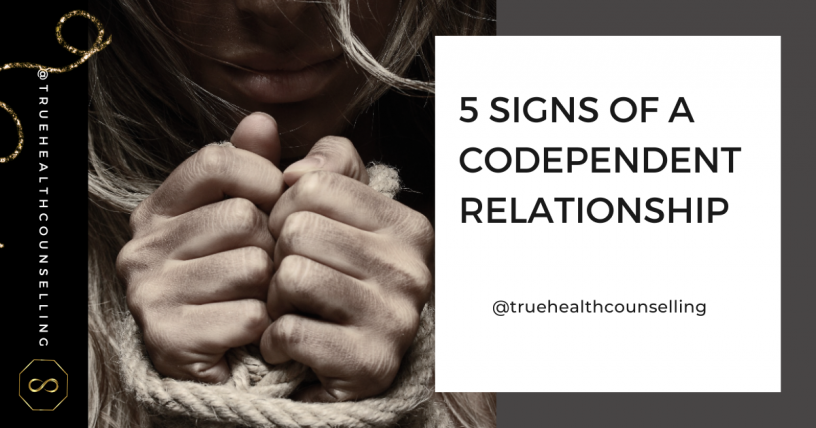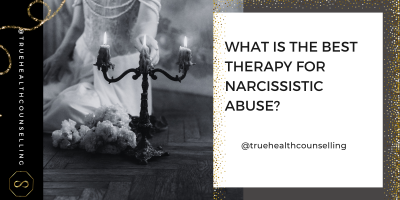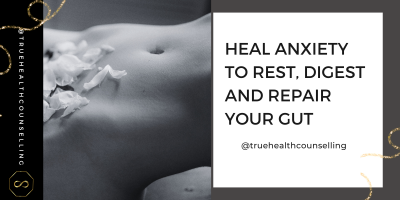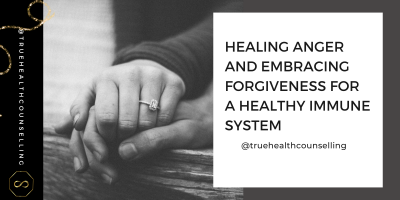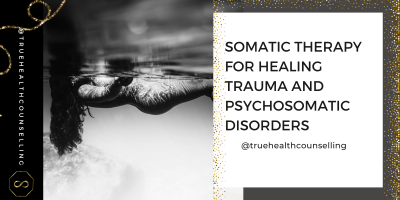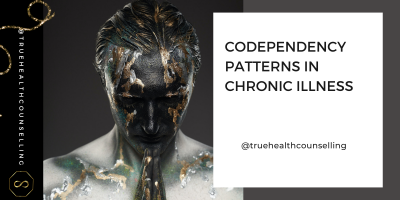5 Signs of A Codependent Relationship
Codependency is not black and white, like emotions it exists on a spectrum, and while some level of codependency feels comfortable, it’s the individuals who lie on the more extreme end of the spectrum that suffer the painful feelings associated with being codependent. So how do we know if we’re really codependent in our relationships?
Here are 5 Major Signs of Codependency in Relationships:
1. Being Overly Nice All the Time
We love nice people, don’t we? Oftentimes though, there is a shadow side to being too nice, too often, especially with others who aren’t as reciprocal. Most people are nice to some level but it’s the motive underneath that drives our niceness around others. Being overly nice is different from acts of kindness. Those who overly seek approval and validation as if it is their lifeline, will drive them to be nice and do nice things all the time. Nice behaviour for the need to be liked by others and expecting it back; this is different than not needing to be liked, but we choose to be kind without expectation because we care for others’ well-being.
2. People Pleasing
People pleasers are those who are mostly driven by fear that if we do not please the person with what they want from us, we will not get the approval, validation and attention that we need, and actually we expect this heavily. When we overly please others often, we continue to deeply abandon meeting our own needs and when we don’t get what we want from the one we are pleasing, we can end up resenting the other for pleasing them in the first place. People pleasers often feel controlled, afraid and dependent on other people. Resentment built up over time then can become toxic when we’ve abandoned ourselves and our needs for too long.
3. The Strong Need to Be Needed
People who feel the strong need to be needed, overextend themselves and feel a sense of self-worth when others need them so much. This strong need to be needed can bleed into being a saviour or a helper role for others without little to no reciprocity. This can render others helpless and dependent on us so we can continue to be needed. This can also lead to resentment because we think that no one really helps us back.
4. Worrying About What Others Think of You
Individuals with codependency often worry about what others think of them and perhaps develop a level of social anxiety when interacting with others. They worry about what to say if they said it right or wrong or second guess themselves. Instead of just being themselves, they are afraid because there was so many consequences with showing up authentically with authority figures at an early age and into adulthood. This constant worry about what others think of us can cause us to live our lives according to others, avoiding others being upset with us.
5. You Don’t Own Yourself
Sometimes codependency feels like a prison as if our identity and who we are belongs to someone else. We may feel like we don’t own our voice, our emotions or our decisions and slowly over time our sense of self-identity erodes and then we may feel lost, confused and indecisive.
You Can Feel Safe To Be Yourself
I believe that the most important and basic human need to fulfill is the feeling of emotional safety to be ourselves because, without this, we lack the foundation to take the appropriate risks in our relationships and creativity to be able to make meaning and live purposeful and authentic lives.
If we have experienced any of these signs of codependency, it doesn’t mean that there is anything necessarily wrong, but if on the extreme spectrum, we experience emotional pain, fear, depression and constant unhappiness, we can certainly take steps to reduce our suffering by addressing these codependent behaviours.
When we can become self-aware, we can begin to look within ourselves and see our relationships as mirrors and portals to healing and growth. We can begin to heal and develop a sense of our own identity by beginning to ask ourselves what truths we have that we need to say in our relationships, what needs we abandon within ourselves to please others, where we seek approval and what boundaries need to be explored and exercised that feel right for us.
Healing codependency into becoming a sovereign soul is an awakening journey and with the right guidance, it can be less sufferable and more graceful because we know what to expect and the steps to take from someone who understands. Codependency, therefore, can be an invitation to healing and a journey of coming back home to yourself.
